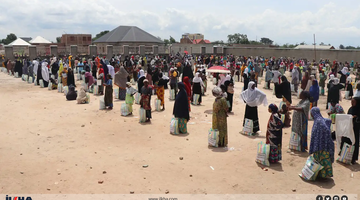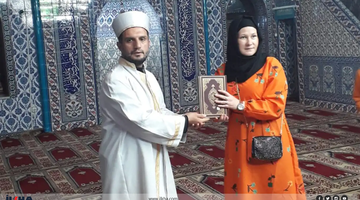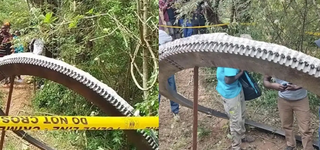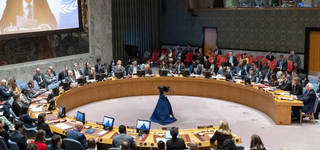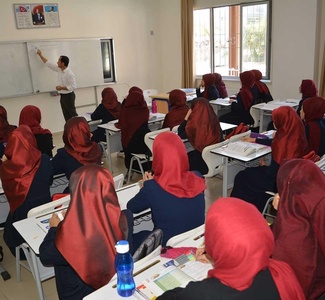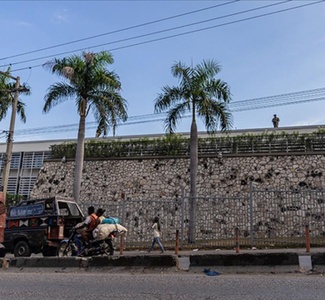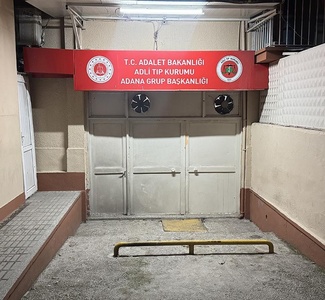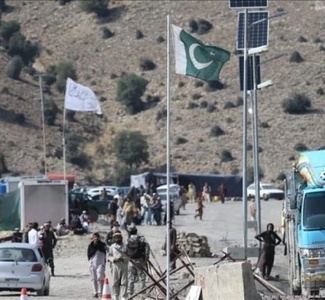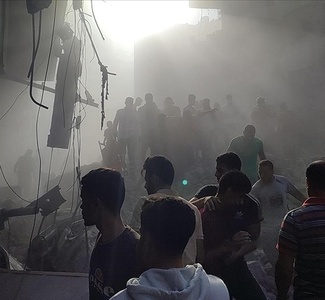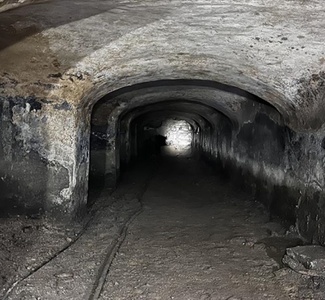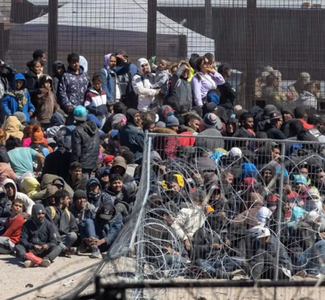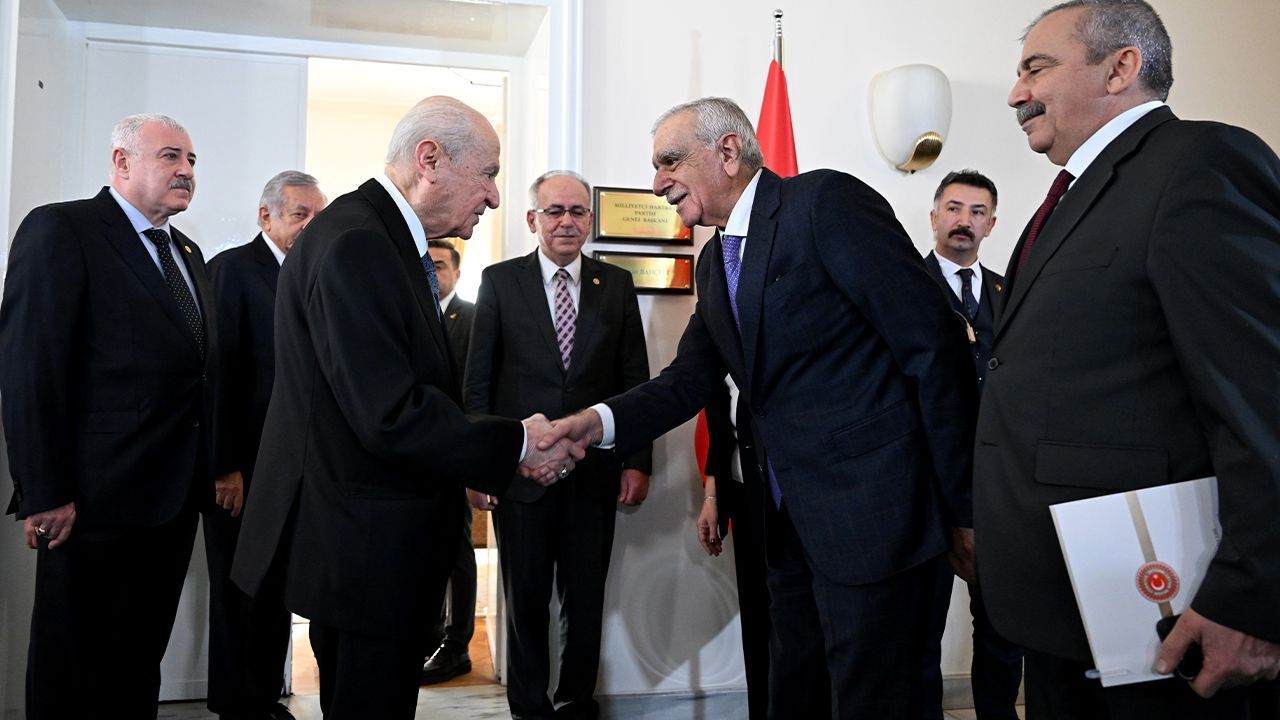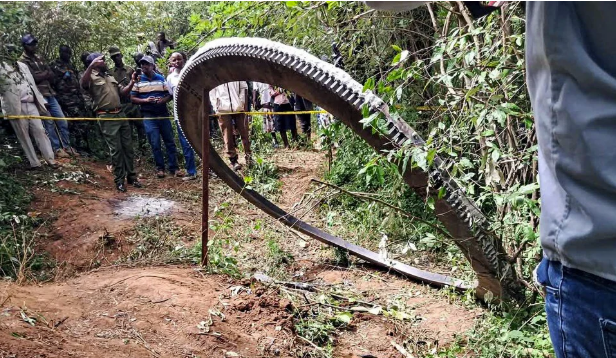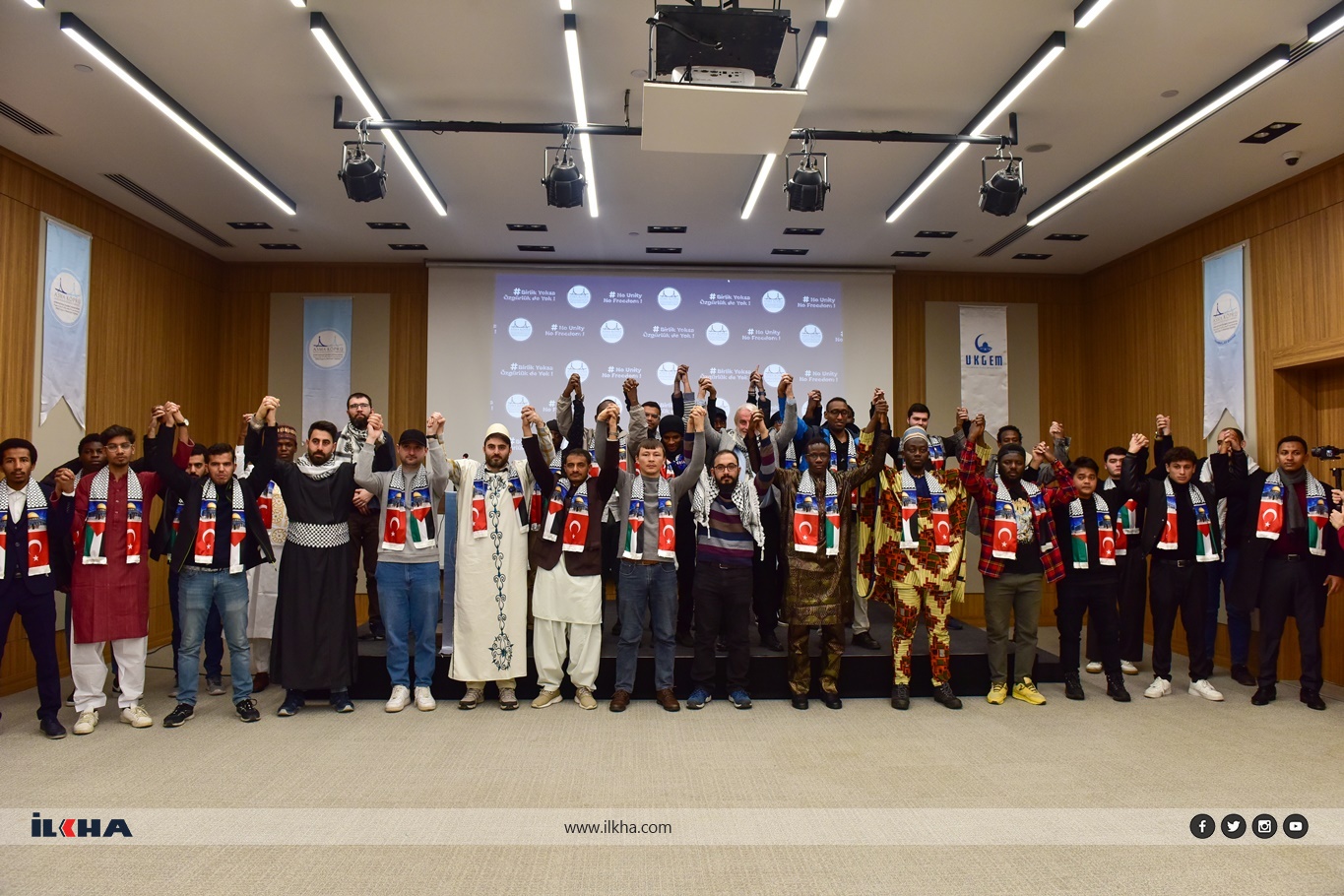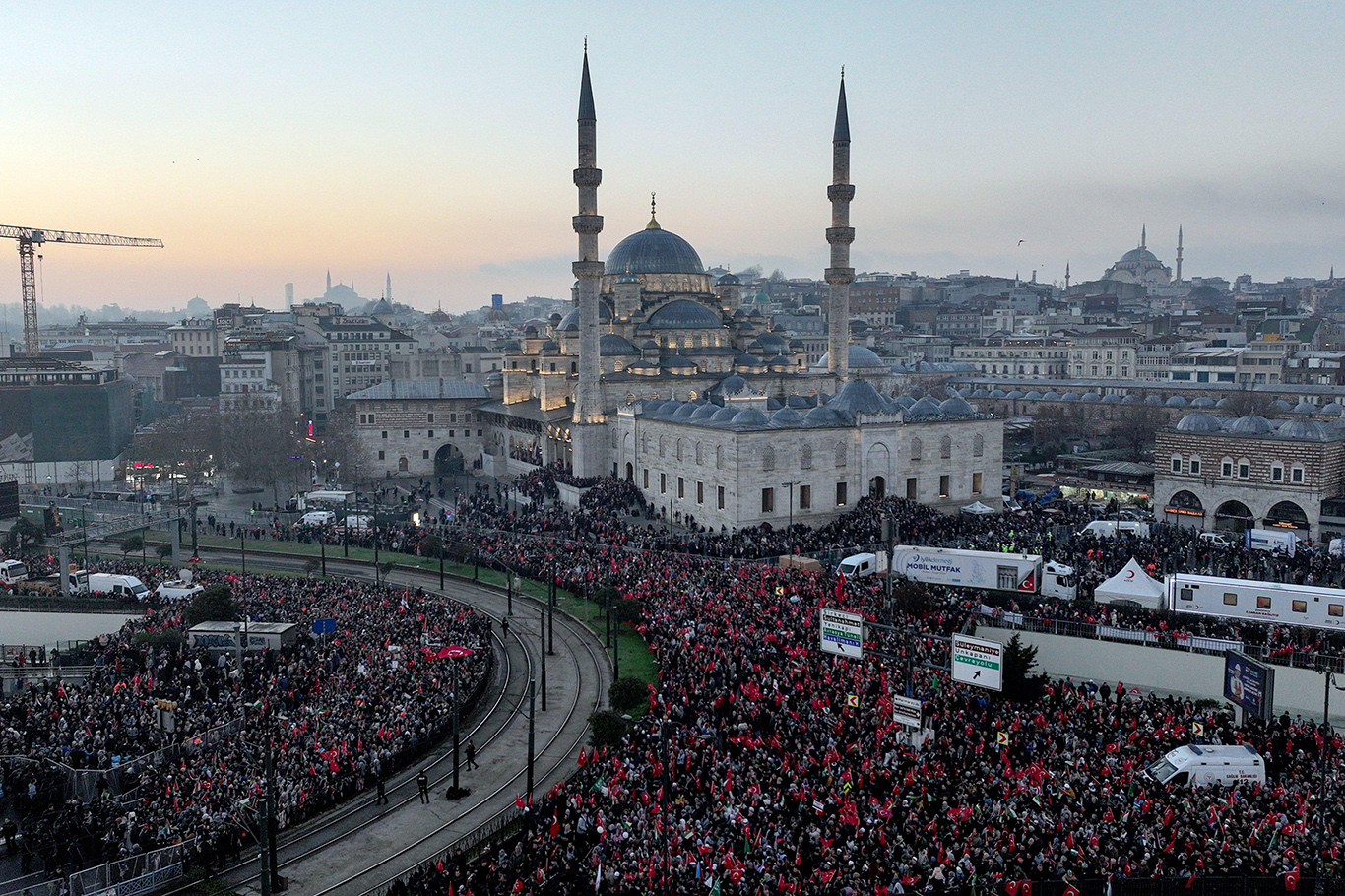Turkish presidency portrays the “disaster of the century” in the US
Turkish Presidency's Directorate of Communications is holding a series of panels and meetings in Washington, DC, US, on April 16-21, 2023, on the earthquakes that struck Kahramanmaraş and are known as the "disaster of the century".

 Google News'te Doğruhaber'e abone olun.
Google News'te Doğruhaber'e abone olun. Chairman of the Parliamentary Committee on Industry, Trade, Energy, Natural Resources, Information, and Technology and AK Party Konya Deputy Ziya Altunyaldız, the General Director of Earthquake and Risk Reduction at AFAD, Prof Orhan Tatar, members of the Presidential Security and Foreign Policy Council, Prof Çağrı Erhan and Prof Nurşin Ateşoğlu Güney and Newsweek columnist Tom O'Connor spoke in the panel "Disaster Diplomacy: Recoding International Solidarity for a Resilient World".
The delegation led by Deputy Director of Communications Assoc Prof Çağatay Özdemir met with Turkish media representatives prior to the panel.
Özdemir provided information about the activities in the US, while Prof Tatar discussed the magnitude of the earthquakes and the damage they caused.
Tatar said that the February 6 earthquakes were the only example in the world where 7 different fault segments were broken at the same time with 9 hours intervals, and described these earthquakes as "the disaster of centuries, not of the century".
Tatar drew attention to the size of the affected area and emphasized the efforts made to overcome the earthquake's effects, particularly search and rescue.
Konya Deputy Altunyaldız, on the other hand, said, "The progress we have made thus far, the effort we have exerted, the solidarity we have demonstrated, and the realization that we must overcome this catastrophe as a group are all highly admirable."
Emphasis on international solidarity
Assoc Prof Kılıç Buğra Kanat, Research Director at the SETA Foundation in Washington DC, who moderated the panel, emphasized that the earthquake disaster revealed the significance of international cooperation and that natural disasters necessitated international solidarity.
In his speech, Altunyaldız stated that the cost of the earthquake is estimated to be around 104 billion dollars and that this is not a burden that any country can handle alone. Altunyaldız stated that the international community supports Türkiye with comprehensive humanitarian aid activities, especially search and rescue.
Tatar pointed out the size and length of the fault lines that caused the February 6 earthquakes and evaluated that there may be earthquakes in the near future that affect more than one country and that the nations of the region should establish a common solidarity mechanism for this.
Stating that the first step of this mechanism is to strengthen the communication channels of the countries in the region and the international community, Tatar said, “Fault lines in Türkiye and neighboring countries pose a serious risk. Cross-border cooperation is essential to build resilience against natural disasters. Effective communication channels, knowledge and experience sharing, joint training and capacity building are important steps to achieve this goal. Countries in the region should work together to develop a coordinated approach to disaster management.”
Prof. Güney stated in his speech that natural disasters do not recognize national borders and that international cooperation is a necessity.
Underlining that "soft security problems" such as climate change, flood, fire, and earthquake are now a priority in the security documents of many states, Güney stated that the international community provided Türkiye with tremendous support after the February 6 earthquakes, and this was a result of Türkiye’s humanitarian diplomacy of recent years.
Güney highlighted the rapprochement between Türkiye and Greece and Türkiye and Egypt after the earthquake as evidence that the belief that countries cannot overcome such major disasters alone has become the norm.
Güney emphasized the importance of evaluating the window of opportunity opened by this process, recalling that ministers from both countries visited Türkiye. (ILKHA)




























